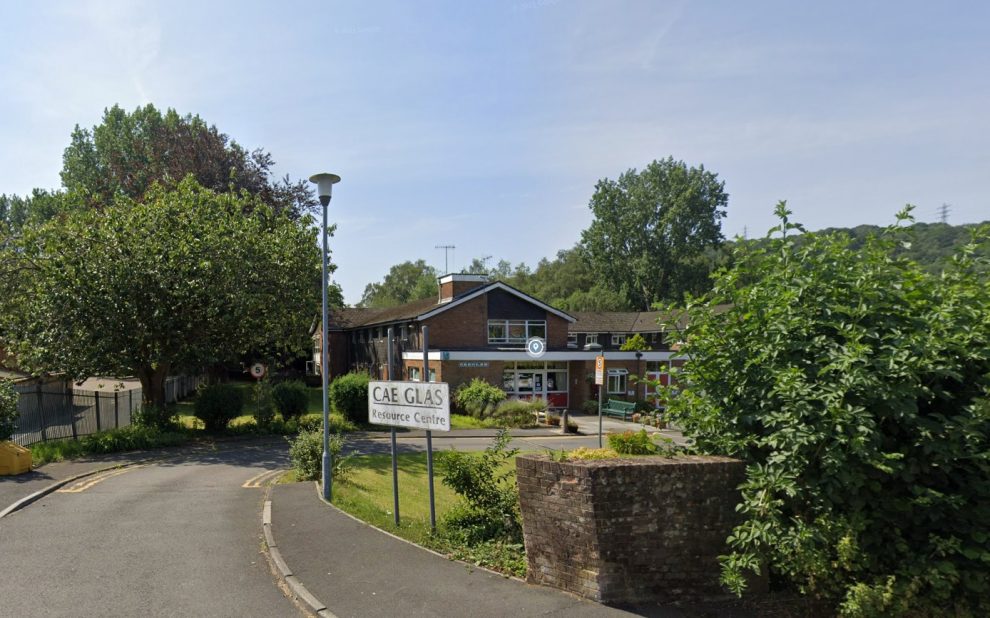A CARE home in Pontypridd will close despite opposition from local councillors and the public.
On Wednesday, January 22, Rhondda Cynon Taf (RCT) Council’s cabinet decided to close Cae Glas care home in Hawthorn.
The proposals had been made because the council said it has not reached full capacity for some time and is not financially sustainable.
But local councillor Cathy Lisles had urged cabinet to keep the home open on behalf of all residents in the Taff Ely area.
She said when they talk about decommissioning a care home they’re not just discussing a closure of a building they’re talking about “dismantling a community.”
She said for residents it isn’t simply a place where they receive care it is “their home” with many having lived there for years forming deep bonds with staff and fellow residents adding that the familiar faces, daily routines and sense of security they’ve built here cannot be measured in pounds and pence.
Cllr Lisles said the trauma of a move can have “devastating” effects on elderly residents’ physical and mental well-being and the staff are skilled care givers who know each resident’s unique needs, preferences and personalities.
She said staff are mainly local who would need to seek employment elsewhere and family members would face longer journeys with the nearest alternative care facilities already at or near capacity.
She said: “As our community grows older we need more care homes not fewer. Decommissioning this facility would be a step backward at a time when we should expanding our capacity to care for our elderly citizens.”
She said the financial savings might look attractive on paper but the human cost would be immeasurable.
She said staff feel that the data being used to justify decommissioning has been skewed by a period when the home was vulnerable and required support.
Councillor Gareth Caple, the cabinet member for health and social care, said the proposals were “difficult and sensitive” issue “evoking strong emotions amongst the public.”
He said: “No elected member wants to willingly decommission old people’s homes.”
He added that the decisions are taken in the context of a continuing decline in general residential care resulting in low occupancy and a continuous surplus of beds and against a background of austerity and severe financial constraints not of their making.
He mentioned the modernisation programme including extra care homes with provision for dementia and an increase in respite care.
Barrie Davies, the council’s director of finance, confirmed the closure of Cae Glas would save the council £1.164m.
RCT reviewed its residential care home provision in August, 2024, and the review found there was a “continued oversupply” of residential care home beds and that in light of the proposed extra care developments there was sufficient residential care provision to meet current and future demand.
Whilst the population analysis forecasts an increase in dementia amongst the population as it ages, the current provision that includes
additional dementia capacity at Tegfan and Parc Newydd alongside the development of a purpose-built facility in Ferndale is considered to be sufficient for current and anticipated future demand, the cabinet report said.
The report said that over recent years, analysis had shown that the number of residents in a care home at the end of each financial year had fallen in Rhondda Cynon Taf despite an expanding older population.
Between 2016/17 to 2023/24, care home placements reduced by 8% overall.
Over the same period, there had also been a change of care category for residents, between general residential and residential dementia.
In terms of bed vacancies, there were 127 in RCT care homes as at December 9 with 42 in residential, 55 in residential dementia, 27 in nursing and three in nursing dementia.
In Cae Glas there were 26 residential dementia bed vacancies.
The report said that in 2023/24, the council’s residential care home service significantly overspent, attributable mainly to “under achievement of income” due to low occupancy levels, with this position continuing into the current financial year (2024/25).
It said the unit cost was significantly higher for Cae Glas and Ferndale House in Ferndale compared to the other council care homes and was significantly higher than the weekly fee paid to the independent sector in 2023/24 of £772 and £818 for residential and residential dementia care home placements respectively.
Most of the respondents to the consultation disagreed with the proposal to permanently close Cae Glas care home with 89% disagreeing and of those 85.3% strongly disagreeing.
Most of the respondents also disagreed that the consultation booklet made it clear why decommissioning for either care home was being considered.
The main messages from older people and their families at Cae Glas included concern regarding the impact of a move on the health and wellbeing of their family member, concern with regards to the accessibility of alternative placements for families of the same quality and cost and anger and frustration that the rationale for closure does not feel justified.
Again the council said it had to balance these views with other competing factors highlighted in this report in order to make sure the council invested its resources in the right way so that all residents of Rhondda Cynon Taf could get the right level of care to meet their needs now and in the future.
The report said that the homes would be closed once suitable alternative accommodation was found for current residents in a home of their choice which met their assessed needs.
The report added that it must be acknowledged that the staff affected were well trained and experienced in the care of older people with dementia and that their expertise would be a significant loss to the social care sector if they were lost.
















